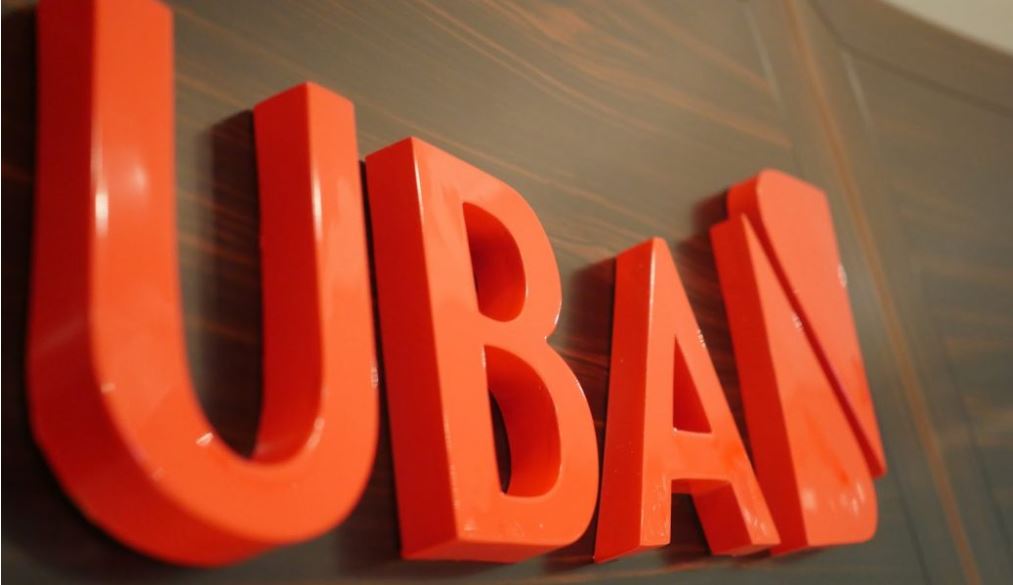The Nigerian Exchange Limited (NGX) announced that United Bank for Africa Plc (UBA) has applied for approval and listing of a rights issue involving 3.16 billion ordinary shares at N50 per share, through its stockbrokers, United Capital Securities Limited.
UBA is offering one new ordinary share for every 13 shares held as of the qualifying date, 16 July 2025. The rights issue aims to raise more than N157 billion.
In a statement signed by the Head of Issuer Regulation Department at NGX, Godstime Iwenekhai, it was stated, “Trading Licence Holders are hereby notified that United Bank for Africa Plc (the Company) has through its Stockbrokers, United Capital Securities Limited, submitted an application to Nigerian Exchange Limited for the approval and listing of a Rights Issue of Three Billion, One Hundred and Fifty-Six Million, Eight Hundred and Sixty-Nine Thousand, Six Hundred and Sixty-Five (3,156,869,665) ordinary shares of 50 Kobo each at N50.00 per share.”
“The Qualification Date for the Rights Issue is 16 July 2025. This is for your information, please.”
According to reports, UBA’s 2024 fiscal year profit before taxes was N803.73 billion, fuelled by strong core earnings and increased operational effectiveness.
UBA’s AI chatbot LEO enables cross-border payments
United Bank for Africa (UBA) Plc recently declared that it has made its AI chatbot, LEO, capable of conducting international payments.
By doing this, LEO becomes the first chatbot driven by AI in Africa to enable cross-border payments, providing clients a quick and easy way to send money across the continent.
The platform enables individuals, traders, and corporations to send money in local currencies between African nations where the Central Bank has authorised PAPSS operations.
It does this by utilising the Pan-African Payment and Settlement System (PAPSS), which was created in collaboration with the African Export-Import Bank (Afrexim Bank).
Oliver Alawuba, Group Managing Director/Chief Executive Officer, UBA, commented on this milestone, saying that UBA is motivated by the need to continuously push boundaries and provide services that speak to the needs of modern-day Africa as Africa’s global bank.
“The introduction of cross-border payments on LEO, in partnership with PAPSS, reflects our commitment to digital innovation, Pan-African integration, and customer-centric banking. This is not just a banking upgrade; it is a bold leap into the future of African finance,” he stated.
Advantages of LEO-enabled UBA PAPSS Instant Payment System
The unmatched advantages of UBA PAPSS Instant Payment through LEO include instant payments in seconds, self-service channel accessibility, reduced transaction processing fees, and no beneficiary fees.
Speaking further about the advantages, Shamsideen Fasola, Group Head, Retail and Digital Banking, stated that customers can also benefit from increased security and confidentiality and more options for remittance products.
“This is a transformative step in Africa’s financial services landscape. With LEO now fully integrated with the PAPSS infrastructure, UBA customers can send and receive money across African borders in their local currencies within seconds. We’re not just simplifying transactions – we’re fostering intra-African trade and breaking down longstanding barriers to financial inclusion,” Fasola stated.
Advancing AfCFTA objectives
By formalising informal trade flows and advancing the larger objectives of the African Continental Free Trade Area (AfCFTA), UBA is enabling account holders, traders, and corporates to conduct business swiftly and effectively across African markets.
UBA remains at the forefront of innovation, customer experience, and digital banking transformation.
It was the first bank on the continent to allow cross-border payments through its chatbot.
United Bank for Africa employs 25,000 people worldwide and serves more than 45 million customers, making it one of the biggest employers in the financial industry on the African continent.
UBA is a retail, commercial, and institutional banking company that operates in 20 African nations, the United Kingdom, the United States of America, France, and the United Arab Emirates.
It also leads to financial inclusion and uses state-of-the-art technology.











